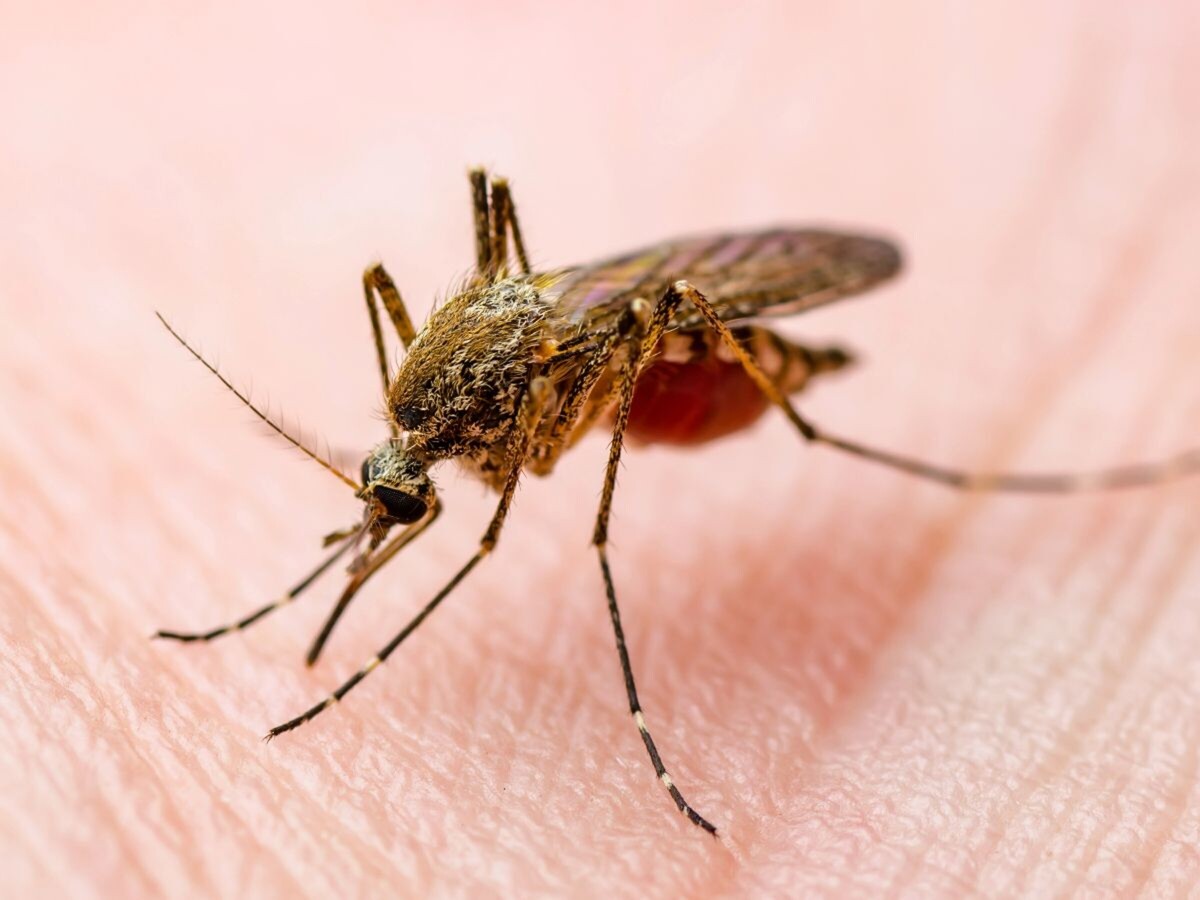Gloucester County Horse First in NJ to Contract Eastern Equine Encephalitis in 2023
New Jersey Department of Agriculture steps in to assess vaccination status as Morris County residents are urged to be vigilant
A one-year-old colt in Gloucester County marks New Jersey's first reported case of Eastern Equine Encephalitis (EEE) for the year 2023. The colt was euthanized on September 17, and authorities are now investigating the animal's vaccination history.
Who: A one-year-old colt in Gloucester County, New Jersey, overseen by the New Jersey Department of Agriculture.
What: Contracted Eastern Equine Encephalitis (EEE), a dangerous mosquito-borne disease affecting horses. The colt has been humanely euthanized.
When: The case was confirmed and the colt was euthanized on September 17, 2023.
Where: Gloucester County, New Jersey.
Why: EEE is a deadly illness with a significantly higher risk of death for horses compared to West Nile Virus (WNV). It causes severe inflammation of the brain tissue.
How: The disease is transmitted through mosquito bites. The virus typically cycles between birds and mosquitoes, with horses and humans as incidental hosts.
As mosquito activity remains near the 5-year average in most New Jersey regions and West Nile Virus (WNV) activity is high, this first case of EEE in 2023 serves as a crucial reminder for livestock owners to vaccinate their animals and for Morris County residents to remain cautious.
Background Information
Eastern Equine Encephalitis is a perilous illness in horses, far more dangerous than West Nile Virus (WNV). Both EEE and WNV affect a horse's neurological system and are transmitted via mosquito bites. While there have been no other reported cases of EEE or WNV in animals in New Jersey this year, ongoing surveillance indicates a high level of WNV activity among mosquitoes as compared to 5-year averages.
"Vaccinated animals are much less likely to contract deadly diseases such as EEE and West Nile Virus," remarked Joseph Atchison III, New Jersey Assistant Secretary of Agriculture. Livestock owners are urged to consult their veterinarians for timely vaccinations against mosquito-borne diseases.
For further details about EEE in horses, the New Jersey Department of Agriculture has resources available on its website. Moreover, any cases of EEE or WNV must be reported to the state veterinarian at 609-671-6400 within 48 hours of diagnosis. The New Jersey Animal Health Diagnostic Laboratory is available for EEE and WNV testing at 609-406-6999 or via email at jerseyvetlab@ag.nj.gov. Visit their website for more information.
This case underscores the need for continued vigilance against mosquito-borne illnesses among livestock owners and Morris County residents alike, as New Jersey steps into the heightened-risk fall season.















